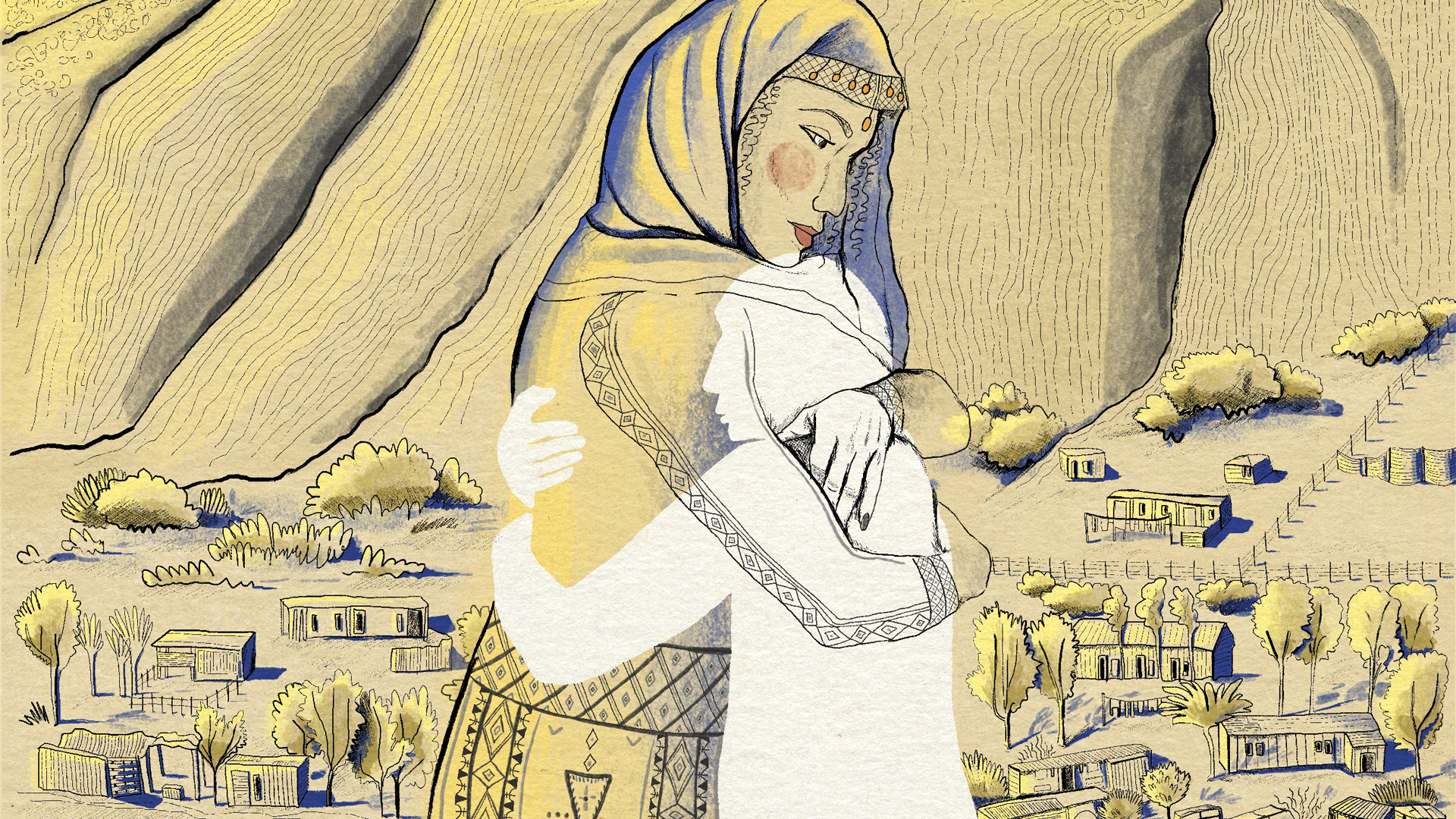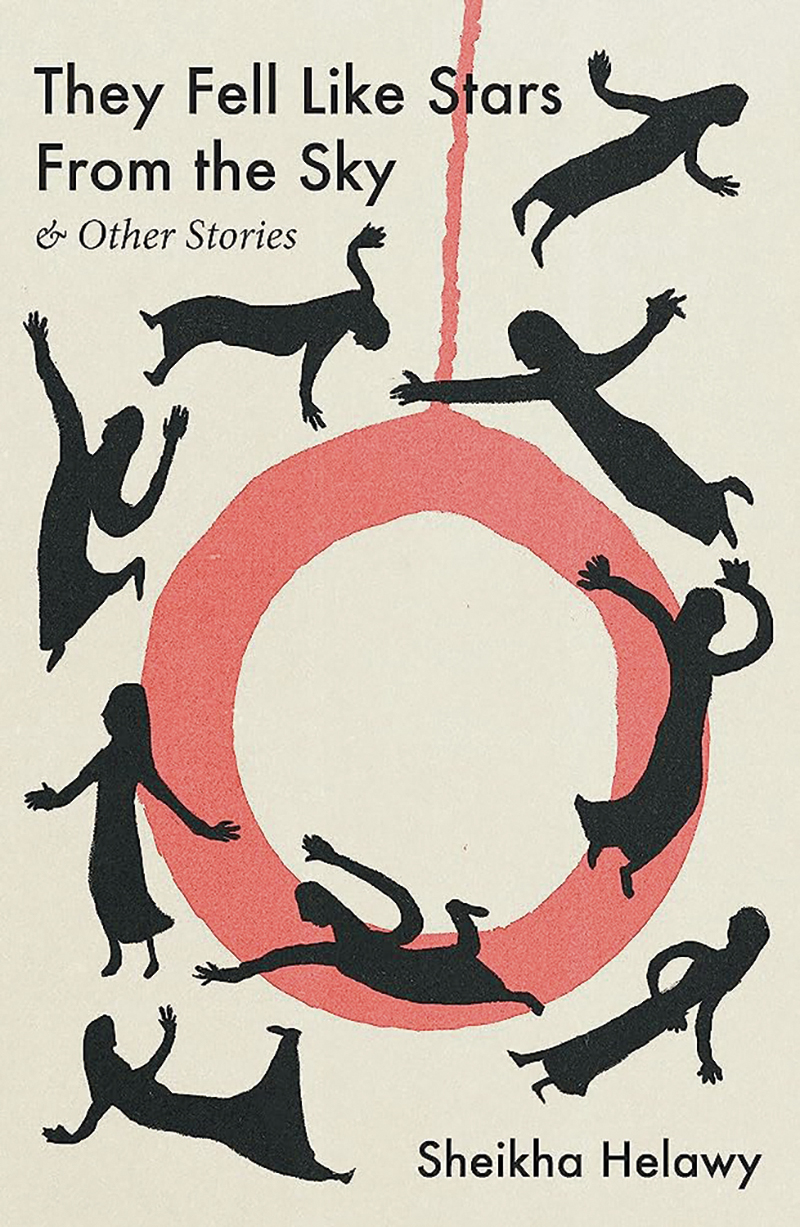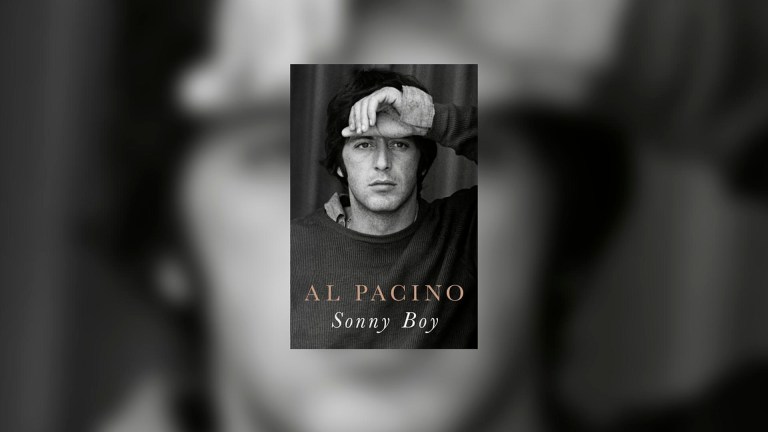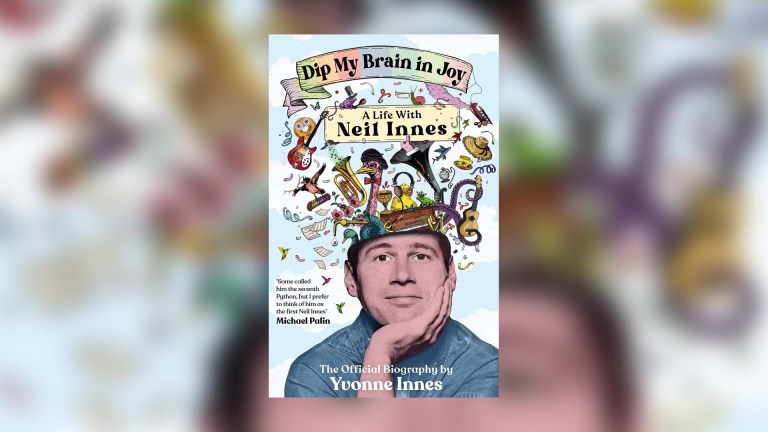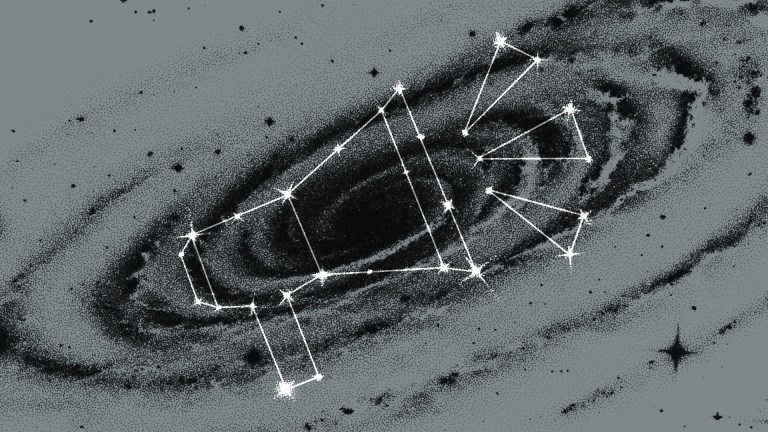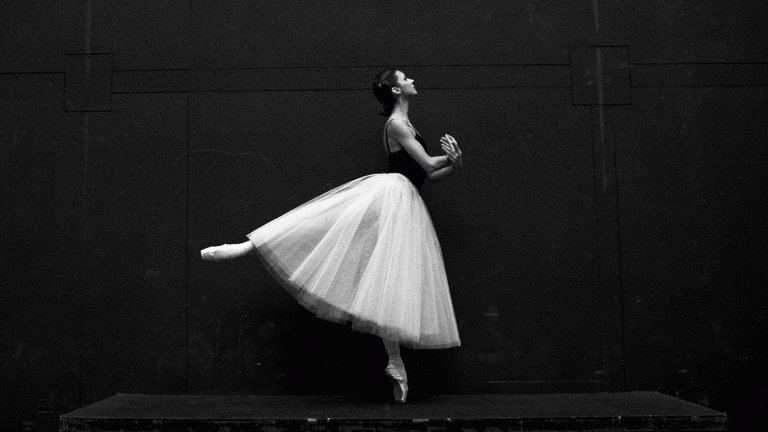I was born in Al-Ray – Dhil al-Araj, a Palestinian Bedouin village formed of sheds isolated from the rest of the world and cut off from basic government services. Among pine forests at the foot of Mount Carmel in northern Palestine lay my village. Later, when I realised that my village was classified as an “unrecognised Bedouin village”, the search for recognition, an acknowledgment of my being, my entity, and my identity, became an obsession that accompanies me to this day.
My Bedouin dialect managed to survive even after leaving my depopulated village, Dhil al-Araj, and moving to Jaffa. My Bedouin accent remained imprisoned, except with my family and relatives. It was the umbilical cord to home that was never cut off, which I hid from the eyes until my tongue mastered the dialect of the city. I do not deny that stereotypes about Bedouins and Bedouin life in places such as Haifa and Jaffa were discouraging to a girl of my age and were often even insulting and hurtful. As a girl possessed with acceptance and distinction, it was difficult for me to be proud of my origins.
Get the latest news and insight into how the Big Issue magazine is made by signing up for the Inside Big Issue newsletter
When I was over 40, the outburst of the will to start writing was not motivated by a desire for acquiring the title “a writer”. Rather, it exploded from that old obsession: the search for recognition of my being and my identity. I realised the power of engaging in a dialogue with me, of meeting myself intimately, and dissecting memory with the scalpel of translation, translating silence into telling/writing… its ability to embody the question of identity and existence through words.
The first story I wrote was ‘Haifa Has Assassinated My Braid’. Every time I read it to myself or to others, tears choke my voice. The question was, how can a story that I wrote make me cry? What wound has writing ripped open and made it bleed over again?
In my short story collection, They Fell Like Stars From the Sky and Other Stories, I was back again to the old swing that I was banned from getting close to out of fear for my virginity. I was just like other girls from the village, and so was my virginity. In ‘Pink Dress’ I wrote about harvesting wheat and “harvesting my body hair”. In ‘The Door to the Body’, I wrote about the first bra I tried on, that same bra that put an end to my childhood and set before the body a wide-open door. In ‘Barbed Question’, I moved back to all the questions that I saved myself from answering over and over. In the stories ‘Ali’, ‘All the Love I’ve Known’, and ‘W-h-o-r-e’, I buried those women who couldn’t survive death and love, and I engraved their names on eucalyptus trees and in my stories.
